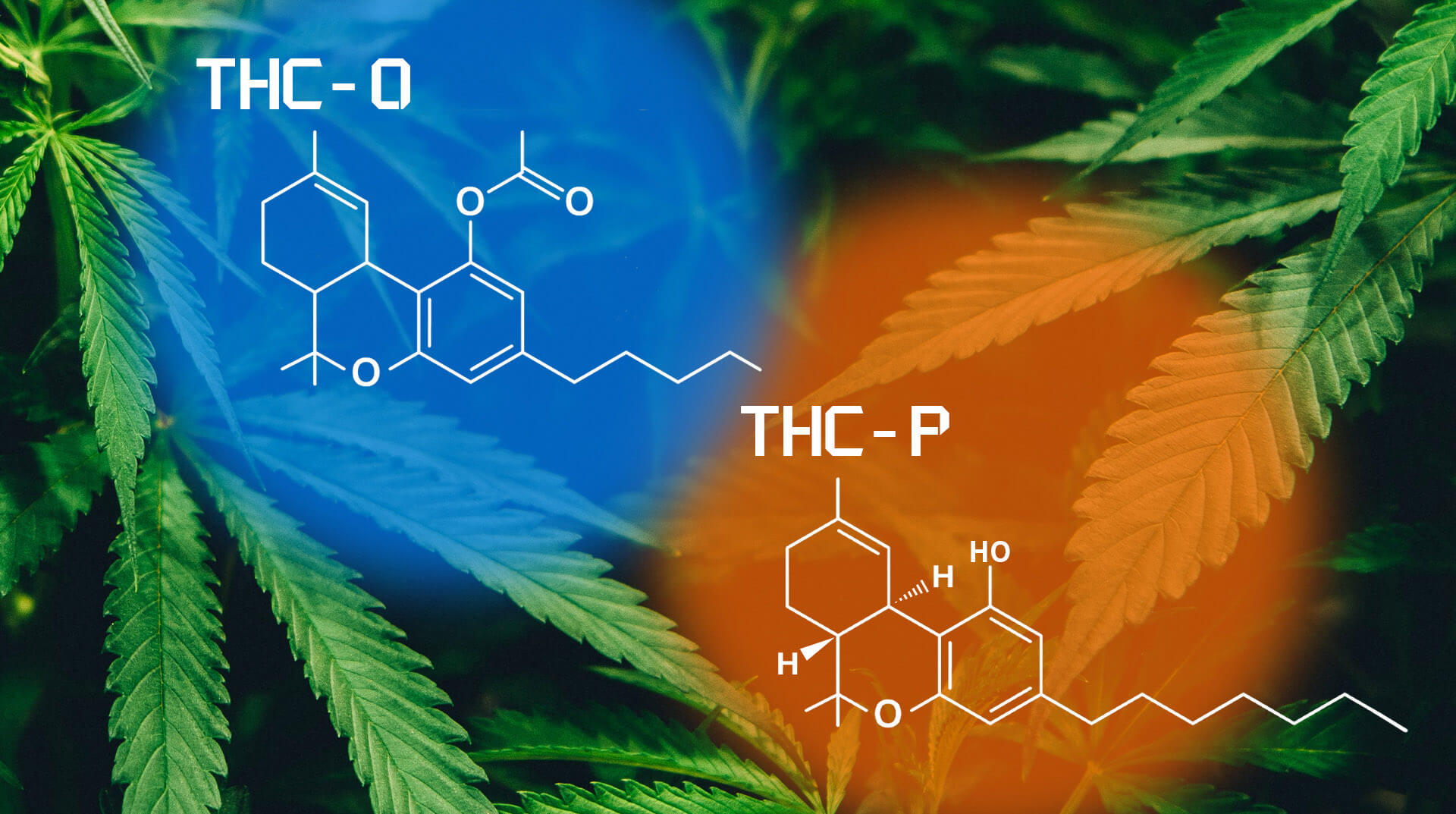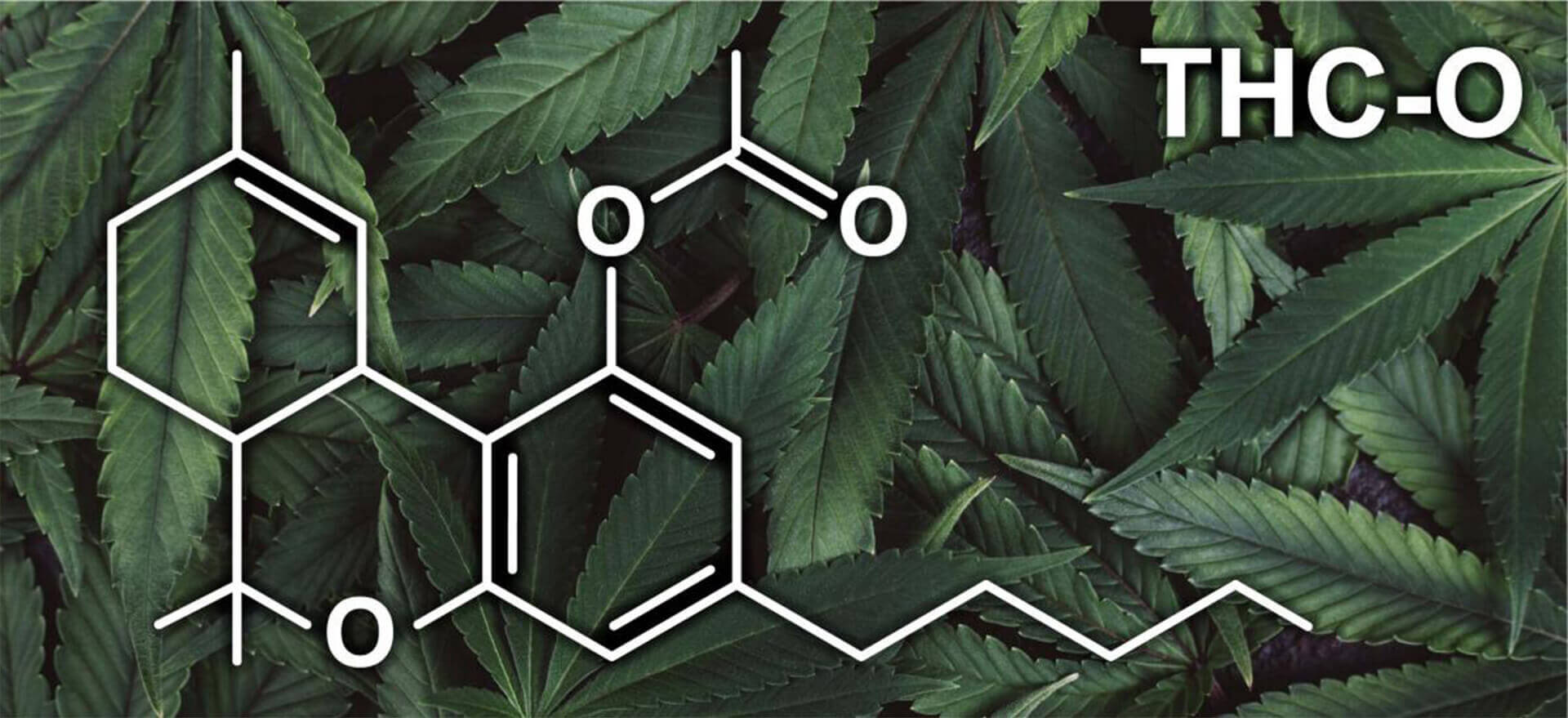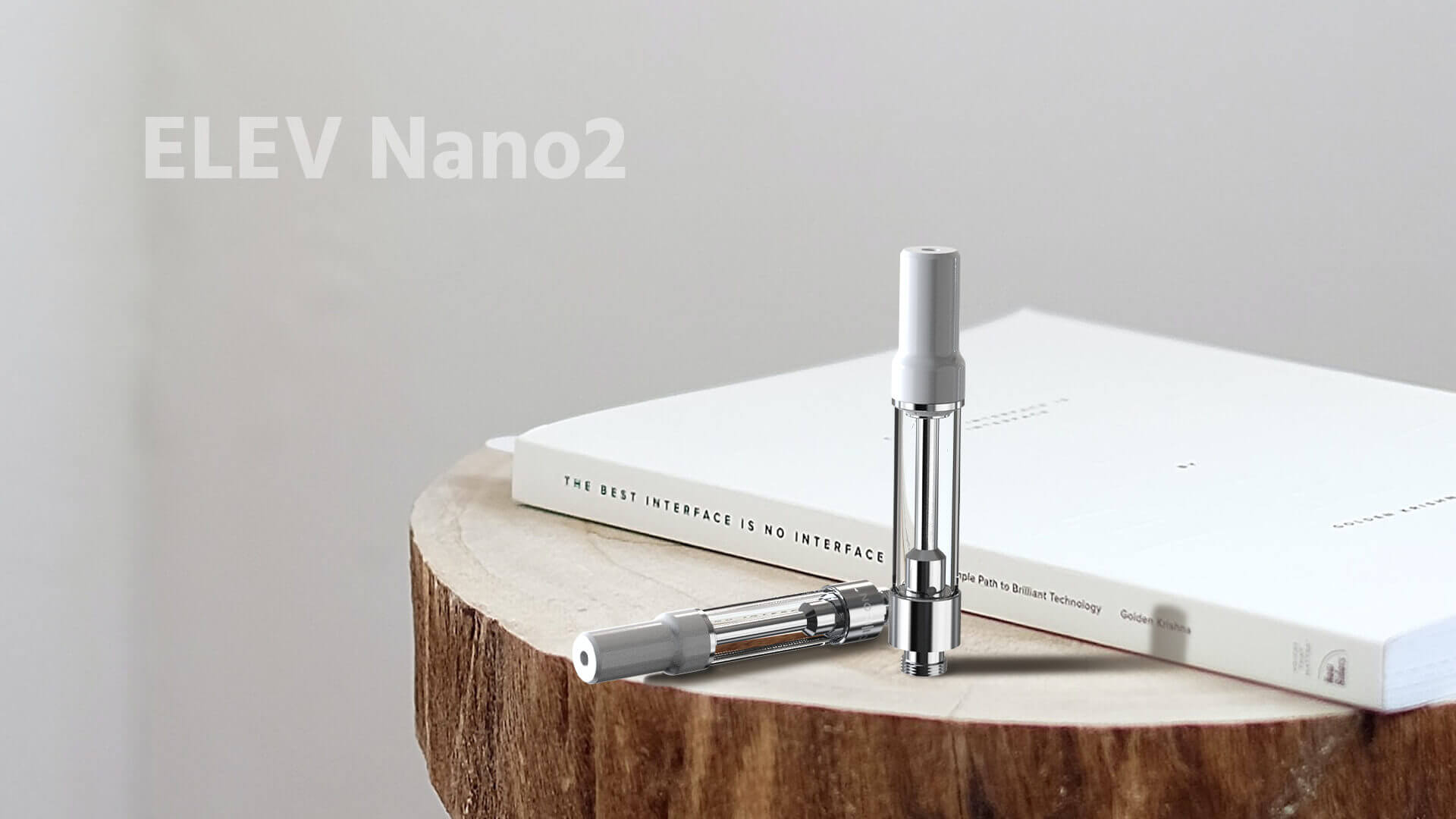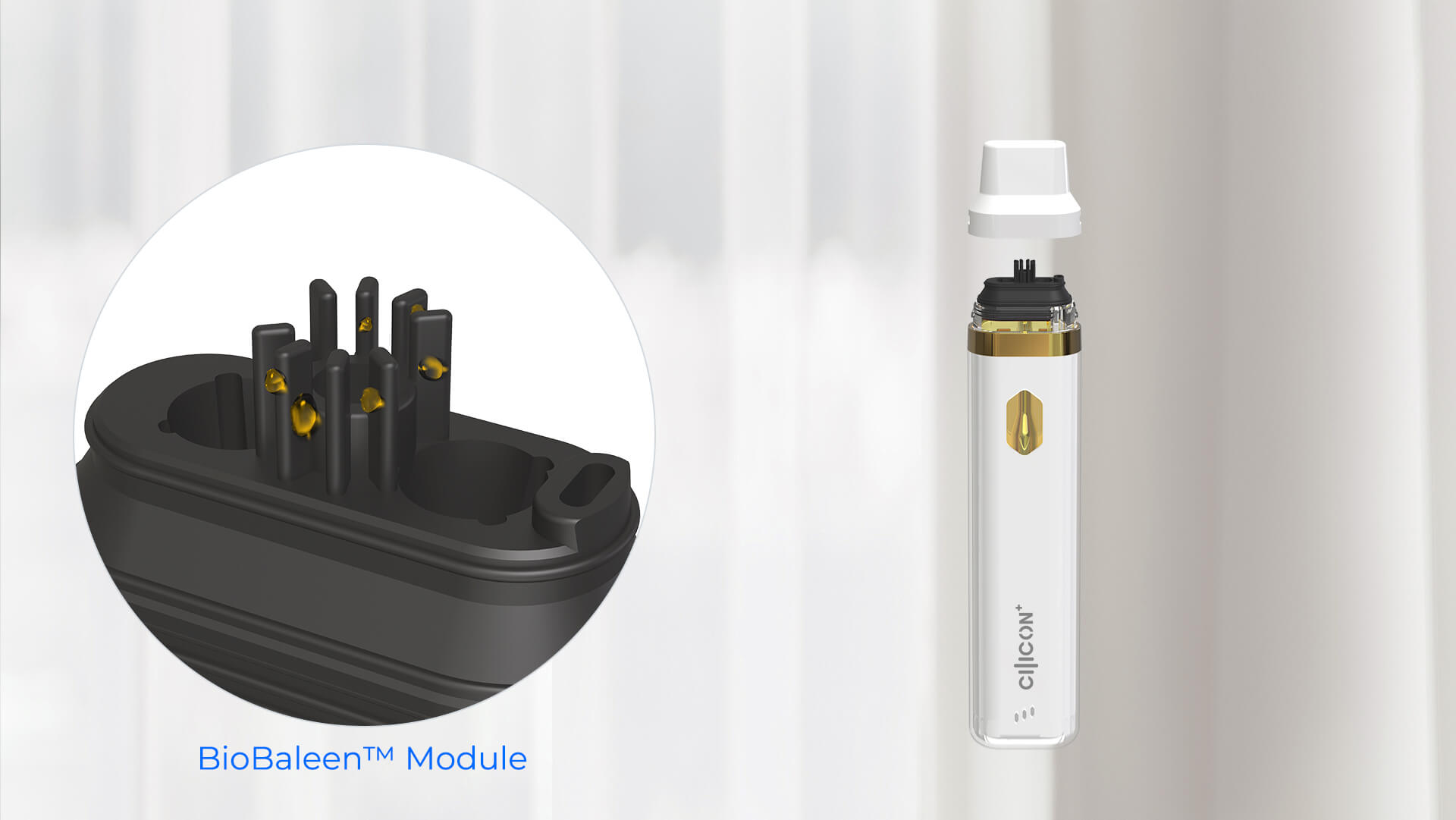The “discovery” of new cannabinoids has always been of great interest to the cannabis community. The word “discovery” is in quotation marks because oftentimes these cannabinoids were actually identified or discovered by scientists long before their surge in popularity. Instead, new cannabinoid trends often emerge when researchers report newfound effects or benefits. The “discovery” is then followed by cannabis brands and manufacturers figuring out (or trying to figure out) how to incorporate these cannabinoids in their products. This was famously the case with CBD (cannabidiol), and more recently, THC (tetrahydrocannabinol) isomers such as the Delta-8 and Delta-10 THC.
This article looks at two compounds which have taken the cannabis world by storm recently, and whose legal status and regulation still exist in a gray area: THCP and THCO. Given the growing interest in these cannabinoids, cannabis vape brands can tap into the market by from providing high-quality vape products containing THCP and/or THCO.

What is THCP?
THCP, scientifically known as Trans-Δ9-tetrahydrocannabiphorol, is a cannabinoid present in cannabis plants. It was originally considered a synthetic homologue of THC, but in 2019, a team of Italian scientists accidentally discovered that they were able to isolate it as a natural product from the Cannabis sativa plant. While it has a similar chemical structure to THC (specifically, Delta-9 THC), the pentyl side chain is extended to heptyl. This longer side chain contributes to a higher affinity to cannabinoid (CB1) receptors, up to 33 times compared to regular THC. As such, it is predicted to have a far more intense psychoactive effect upon consumpion, reportedly up to 10 times more intoxicating than THC.
More research needs to be conducted to fully understand the overall effects of THCP on humans. The Italian researchers performed tests on mice, however, and discovered physiological effects such as hypomotility (slower digestion), analgesia (pain relief), and catalepsy (muscular rigidity) consistent with those of THC use. One could expect that vaping cannabis oils or concentrates with a higher THCP concentration would produce similar effects to vaping THC products, but far more powerful and long-lasting. There have been reports of the effects of THCP lasting up to 6 hours. Consequently, any possible side effect of THC consumption such as paranoia, fatigue, dry mouth, and others, would be more pronounced with THCP.
What is THCO?
THCO is an acetate ester of THC, derived synthetically from the acetylation of THC in a laboratory, similar to how aspirin (acetylsalicylic acid) is produced from willow bark (salicylic acid). It was discovered at some point in the mid-20th century as part of experiments to explore possible non-lethal incapacitating agents. THCO is also noted for its strong psychoactive effects, reported to be around twice or three times those of regular Delta-9 THC. Its recent popularity is due to the 2018 Farm Bill, which will be discussed in greater detail below. Those who have tried THCO vaporizers report a stronger effect than Delta-9 THC, yet a smoother and more “complete” experience compared to Delta-8 and Delta-10 THC.

Are THCP and THCO Legal?
Sometime after the “discovery” of new cannabinoids, regulatory bodies and law enforcement will usually determine the policies surrounding the cannabinoid and their use in commercial products. This process can take some time, however, depending on the compound’s reputation and visibility to the general public.
In the meantime, these newly discovered cannabinoids are in legal limbo, which in some cases contribute to their popularity. Such uncertain legal status can create a loophole, particularly in areas where cannabis is illegal (whether for recreational use or for all uses). This was the case with the legal status of THCP and THCO (along with THC isomers) after the 2018 Farm Bill.
The 2018 Farm Bill removed hemp from the classification of marijuana in the Controlled Substances Act, due to its importance to the agricultural sector. It defines hemp as all parts of cannabis plants containing less than 0.3% Delta-9 THC. This definition covers isomers (like Delta-8 and Delta-10 THC) and derivatives (like THCO and THCP). Depending on the interpretation of the language of the bill, many have argued that the manufacturing and sale of THCP and THCO are not subject to the same regulation as cannabis. While some states have passed language into law banning all isomers and derivatives, others have banned only Delta-8 in addition to Delta-9 THC. Yet other states, like Florida, follows the federal regulation to the letter, which means THCP and THCO are legal.
THCP vs. THCO: Similarities and Differences
Based on the information above, the following is a summary of the similarities and differences between THCP and THCO.
Similarities:
- Both belong to the family of tetrahydrocannabinols, therefore they have molecular structures similar to Delta-9 THC but with slight variations.
- They produce stronger psychoactive effects (the euphoric “high” that come from vaping cannabis) than Delta-9 THC
- They are less suitable for beginner vapers and should be used with caution.
Differences:
- THCP is a natural phytocannabinoid while THCO is a synthetic derivative.
- THCP is much stronger than THCO as, comparing both to Delta-9 THC, the former is 5-10 times more intense while the latter is 2-3 times more intense.
- THCO is reported to have more long-lasting effects compared to THCP.
Maximizing THCP and THCO Potential
Given the growing demand for THCP and THCO products, high-quality 510 cartridges paired with these cannabinoids can appeal to connoisseurs within the cannabis community. The ELEV Nano2 cartridge, powered with the Formatrix™ ceramic heating core made from premium ceramic ingredients, is uniquely suited to synthetic cannabis products. It is optimized with a number of advanced and innovative technologies, leading to a finer vaporization of cannabis extracts containing THCP or THCO. In addition, the clever use of the snap-in mouthpiece connection method makes sealing the cartridge easier and more secure.

For cannabis vape consumers new to THCP and THCO, disposable vapes would allow them to try out the cannabinoids without too much commitment. At the same time, the high per milligram cost of THCP and THCO might render such products cost prohibitive. The average THCP cost is around 50 cents per milligram, while THCO costs around 15 to 30 cents per milligram. In contrast, Delta-9 THC costs 6 to 12 cents per milligram while Delta-8 and Delta-10 THC cost around 7 to 15 cents per milligram. It is important, therefore, that disposable vaporizers for use with THCP and THCO can efficiently use the oil or extract down to the very last drop, reducing the cost of the overall product.
As such, the EDGE Box1 Disposable from Cilicon is the perfect pairing for THCP and THCO. The Vshaped™ design of oil tank reduces oil residue as any remaining oil would naturally flow down the slope into the intake hole. The Duair™ Technology on the EDGE Box1 also solves the oil clogging problem that has plagued the vaping industry, greatly reducing the occurrence of device malfunction. This ensures a smoother and more long-lasting vaping experience, including with THCP and THCO cannabinoids. Finally, the BioBaleen™ Module would reduce spit-back by 99%, reducing the possibility of inhaling cannabis oil and unexpected harmful substance. Overall, the EDGE Box1 ensures economic use of THCP and THCO oil without sacrificing the flavor and smoothness of the vapor.

Cilicon’s range of vaporizers can be tailored to suit new cannabinoids hitting the market. Not only do Cilicon’s innovative designs and technologies complement THCP and THCO. The customizability of Cilicon products can also help emphasize the unique feature of these cannabinoids through branding and packaging. Cilicon is ready to maximize the potential of THCP and THCO for greater vaping satisfaction.